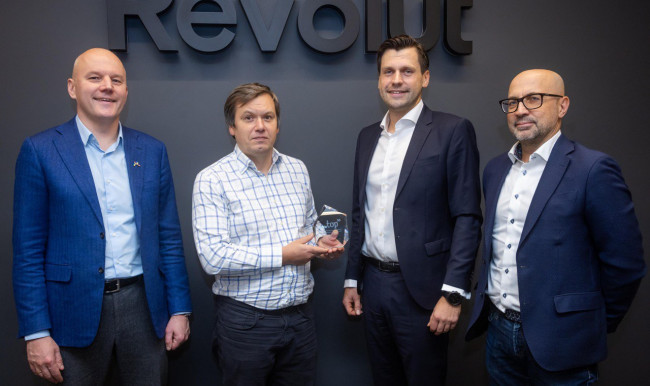Looking at the Latvian production companies in the pharmaceuticals sector, they can be subdivided, based on several parameters, into two groups:
- Large companies (AS Olainfarm and AS Grindeks) and small companies (SIA Silvanols, SIA Pharmidea, SIA Rīgas farmaceitiskā fabrika and 15 others);
- Companies developing original products (high-risk product strategy, significant R&D investments, over 15% of annual turnover) and companies that have chosen a low-risk product strategy (generic medication, supplements);
Firstly, in the context of TOP101, it is important to review the success of the larger companies in the sector.
AS Grindeks is the only pharmaceutical company in Latvia, which develops patent medicines and does it in collaboration with the leading pharmaceutical research organization, Latvian Institute of Organic Synthesis. Of course, Grindeks does develop generics as well, but a lion's share of the research and development costs are redirected to original patents. Thus, being cautiously optimistic, I believe that the fall in Grindeks' turnover in 2014 and 2015 to the level of 90 million euros is just a mid-term (2-3 years) problem, as original drugs have a potential of global distribution and out-licensing, thus the turnover may grow several times.
AS Olainfarm has selected a lower-risk development strategy, mainly developing and producing generic drugs. In order to increase its turnover and profits, Olainfarm diversified its development strategy in 3 directions: by updating its portfolio with value added generics; by the acquisition of SIA Silvanols, thereby, entering the supplement and non-prescription drug market segment; and by acquisition of a pharmacy chain, thereby acquiring predictable, guaranteed profit margin in retail. If Olainfarm continues market diversification with own-manufactured prescription drugs, the growth is likely to continue just as rapidly.
In the small company group the leaders of the pharmaceutical production companies are SIA Silvanols, SIA Pharmidea and SIA Rīgas farmaceitiskā fabrika. In 2014, their turnover was in the range of 2-4 million euros, which is 20-25 times less than the industry flagship companies. Both Silvanols and Pharmidea is actively involved in export, each specializing in a different direction – Silvanols on non-prescription drugs and supplements based on natural substances, Pharmidea on sterile injection drugs for hospitals. The small producers will not be producing heavy tonnage products, thus, they need to specialize in production of specific niche drugs, simultaneously, trying to register their production in 2-3 main export markets – the European Union, the Near East and the South East Asia. If, thanks to good marketing partners in the target country markets, they succeed, annual 20-30% increase of turnover followed by an increase of the company value is quite possible.
In the next few years, it will be interesting to see whether smaller pharmaceutical companies will be able to outperform the flagship companies in such aspect as productivity (turnover per 1 employee). This trend would be beneficial for the internal competition of the industry.
Pharmaceutical companies in Latvia have good prospects for increasing their turnover and profit in the following years, if the following strategies are implemented:
- Medicine distribution channels in diversified markets (say, 20 countries with population over 50 million – in total, a market with the population of 1 million);
- Development of niche products in their product portfolio (not aspirin, but, for example, pregnancy-enhancing medicines);
- Development of more effective medicine forms or value added generics (medicine molecule delivery method which is more effective than the standard pill);
- Development of full production cycle – synthesis of the active ingredient and producing the final form of the medicine – on their own or in collaboration with other companies here in Latvia.
Vitālijs Skrīvelis


